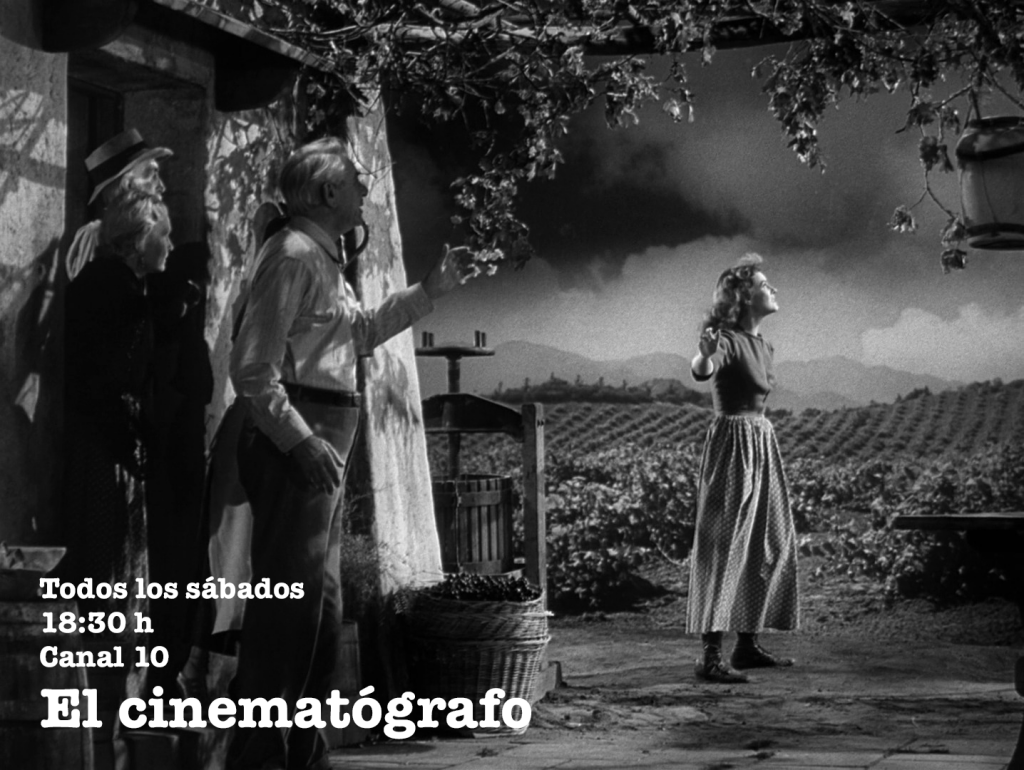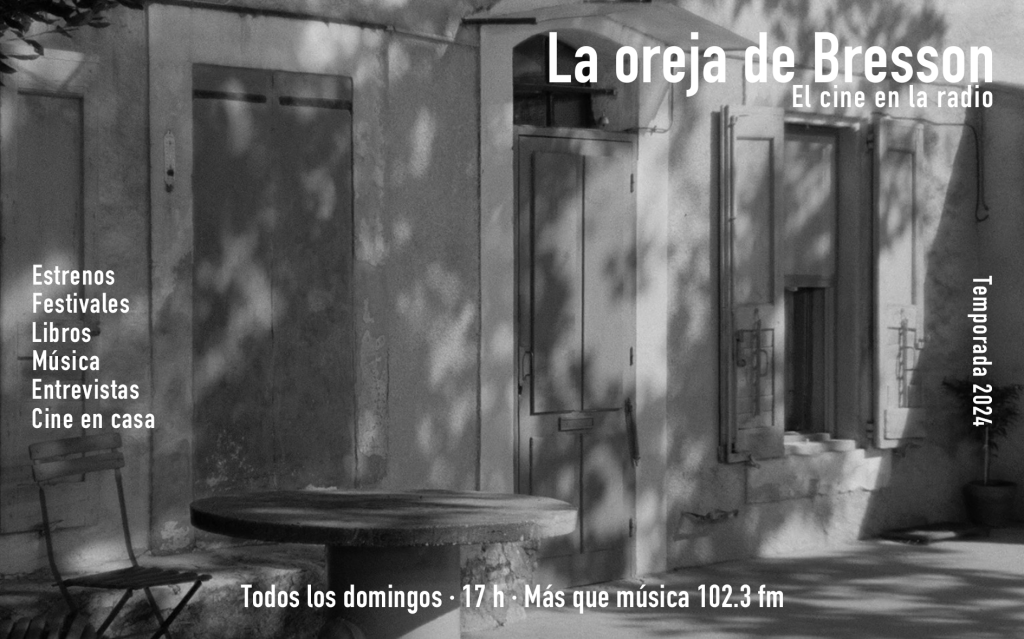
FICUNAM (11)
FESTIVAL INTERNACIONAL DE CINE UNAM: JEAN EUSTACHE
The Scandal of Jean Eustache (1938-1981)

Adrian Martin
His first film, Bad Company (1963), ends with the joyous cry: ‘To the brothel!’ A cry of scandal, following on from a plot of the purest cruelty: humiliation in love, humiliation of woman by man (by a gang of men). Eustache was always a scandal in the context of French cinema. He was part of a post Nouvelle Vague formation, but, like Luc Moullet and Maurice Pialat, he brought the tough, unsentimental, cynical aura of working class, provincial, rural experience to the screen. Hard booze and unglamorous sex: to the brothel. In the midst of a mosaic of young teenage passions in Mes petits amoureuses (1974), these words break through the Bressonian delicacy of it all: ‘I got a hard-on’.
Romanticism – the romance captured in nostalgic songs by Piaf, playing in live sound on the disc turntable in his masterpiece, La Maman et la putain (1973) – was a hard-won lyricism in Eustache. In the memoir of his ex-lover Evane Hanska (Mes années Eustache, Flammarion, 2001), she speaks of how he sadistically altered the ending of her autobiographical debut novel in his script adaptation – so that it ended in her suicide by drowning! But years later, she came to see the beauty and rightness of this ending …
Eustache was a vampire – he vampirised his own life for the material of filmic fiction, as Philippe Garrel (who was his friend and comrade) does. Jacques Rivette has recounted how, when working together editing a documentary on Jean Renoir, they argued about truth in cinema, each one pledging to take an opposing path for the rest of their careers: Rivette took the line of theatre, fantasy and artifice; while Eustache took the line of absolute fidelity to his own experiences, however sordid or banal they might sometimes be.
But to do this not once, but continuously, triggers a dangerous feedback loop from art to life and back again. For Eustache and those around him, the feedback could even be fatal: a suicide accompanied the first projection of La Maman et la putain, of someone who found herself portrayed with such harsh honesty in the film, and suicide would be a curse he himself eventually lived out: a literally twisted Dr Mabuse, paralysed in his apartment, weaving future projects from his taped, endless telephone calls, finally putting a gun to his chest and a note on the door: ‘Knock loudly to wake the dead’ … Vampirism was the risk Eustache took, and it guaranteed the greatness his work achieved, the reason it glows so darkly and memorably for us today.
Eustache was not like Renoir or Bresson or Godard or even Pialat; ‘human content’ was not a ne plus ultra for him. From early on, his work pushed into a conceptual direction: the unflinchingly minimalist portrait of his grandmother in Numéro zero (1971), the twin documentaries of La Rosière de Pessac (1968/79), raw reality revisited and recast as a ritual mise en scène … leading to the magisterial experiments in staged/performed actuality in Une sale histoire (1977) and his final, severe short films.
From the provocative stench of the lived gutter to the hard form of a filmic dispositif: Eustache never ceased to challenge us with these experimental extremes, these twin cultural scandals, and their hybrid, surprising combinations. He is still challenging us today, from the grave, from an after-life in which he would never have let himself believe …
Adrian Martin tuvo la gentileza de escribir este texto sobre Eustache para el catálogo del festival. Cuando se lo pedí, su respuesta fue inmediata y en menos de 3 días llegó su texto, el que me parece extraordinario. Le pedí si podía subirlo al blog, y su respuesta también fue inmediata. En la semana subiré la versión en español (Roger Koza)
© Adrian Martin January 2011 / Ficunam





Últimos Comentarios